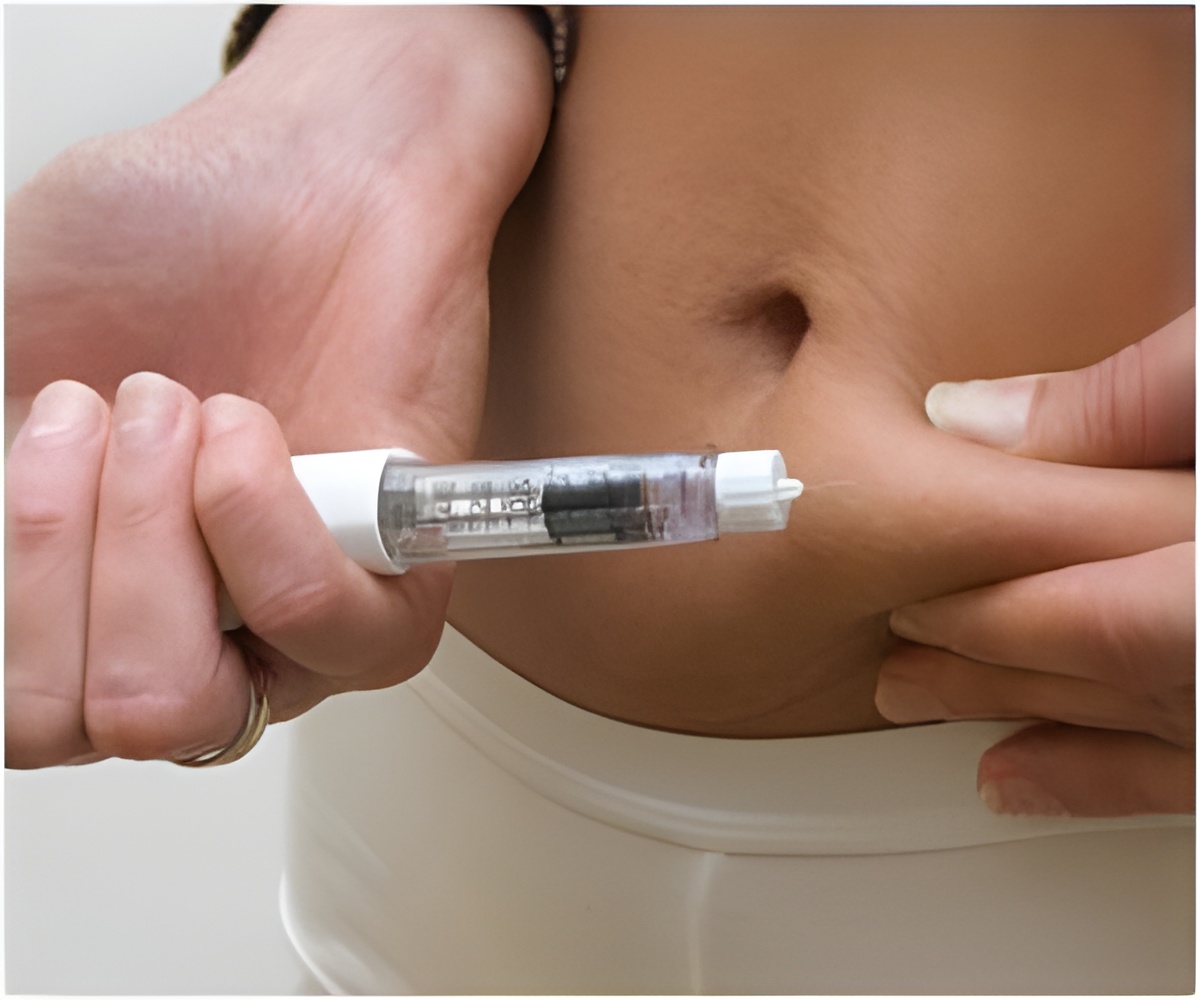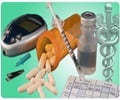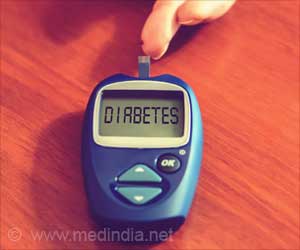Dietary fat can affect glucose levels and insulin requirements finds Joslin researchers studying patients with type 1 diabetes.

Research has shown that dietary fat and free fatty acids (FFAs) impair insulin sensitivity and increase glucose production. Most studies have focused on the role of fat in the development of type 2 diabetes. However, studies of people with type 1 diabetes have shown that higher-fat pizza meals cause hyperglycemia hours after being consumed.
In reviews of continuous glucose monitoring and food log data from adult patients with type 1 diabetes, Joslin clinicians observed that "several hours after eating high-fat meals, glucose levels went up," said study lead author Howard Wolpert, MD, Senior Physician in the Joslin Clinic Section on Adult Diabetes and the Director of the Insulin Pump Program at Joslin.
"We wanted to determine the underlying cause of these unexplained fluctuations," he noted.
Seven participants (adults with type 1 diabetes with an average age of 55) successfully completed the study. They spent two days at Beth Israel Deaconess Medical Center eating carefully controlled meals and having their glucose and insulin levels monitored.
All breakfasts and lunches featured identical low-fat content. The two dinners had identical carbohydrate and protein content but one was low-fat and the other high-fat. For two 18-hour periods beginning before dinner, participants had their insulin automatically regulated by a closed-loop system and their glucose and plasma insulin levels tested at frequent intervals.
Advertisement
"These findings highlight the limitations of basing mealtime insulin dosing for type 1 diabetes solely on carbohydrate intake. We need to consider fat as well as carbohydrates in insulin dosing calculations as well as in nutritional recommendations," said Dr. Wolpert.
Advertisement
Source-ANI















